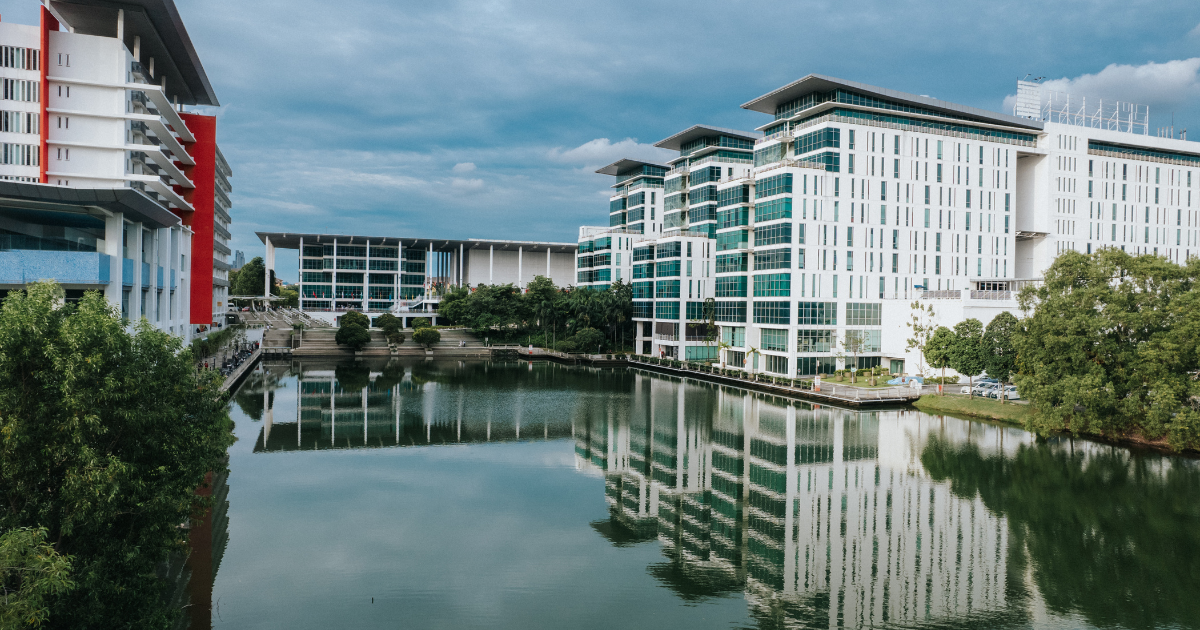Redefining education for national progress: Cultivating purpose-led leaders
Dr. Thian Lok Boon
The World Bank has projected that Malaysia is on track to become a high-income nation by 2028 a milestone fuels Malaysia’s ambitions to become not only prosperous but also inclusive and sustainable, as mentioned in its 12th Malaysian Plan 2021-2025.
This raises an important question: What talents do Malaysia urgently need to support this vision? And how should higher education institutions adjust to better support the nation’s aspirations?
Historically, universities have long adapted to meet society’s shifting demands, shaping talent to meet emerging needs. During industrialisation, universities focused on practical and occupation-oriented education to cultivate the skilled workforce essential for economic progress.
With the advent of Industrial Revolution (IR) 4.0, universities infused digital technologies into their talent development education to prepare graduates for an interconnected, data-driven world. As Gen AI is disrupting the future of work, universities are adjusting yet again – preparing talent to rise above the disruption with agility and insight.
Meanwhile, driven by Generation Z’s strong sense of purpose, universities are fostering an environment where students are empowered to contribute more meaningfully, shaping a more equitable and sustainable future.
As Malaysia is working towards becoming an inclusive and sustainable high-income economy, Malaysia not only needs talent who are fit for jobs today but also talent who can redefine and shape the future of industries and this country.
The focus of higher education must evolve from merely filling specific industry roles to cultivating purpose-led leaders who can drive societal and economic transformation sustainably.
The traditional education model—focused on producing technically skilled workers—may no longer suffice in a world that demands impact-driven innovators, trustworthy leaders, and courageous change makers.
To achieve this vision, we need a transformative shift in higher education curriculum and learning approaches.
Imagine a university orientation where students are inspired by leaders and innovators who have positively impacted the industry or community through “Purpose-to-Impact” workshops.
In their first semester, students take part in an Emotional Intelligence in Action module, led by a professional life skills facilitator, who would be guiding them in creating their personal purpose statements using the Ikigai model – a Japanese concept that helps individuals find their “reason for being” by aligning what they love, what they are good at, what the world needs, and what they can be paid for. This exercise gives students a deeper sense of purpose, making their learning more meaningful.
By the second semester, students may undertake Social Innovation Projects, choosing a real-world challenge in an industry or community and work to address it. Guided by the Design Thinking methodology, they collaborate with peers from various disciplines, applying their unique perspectives to create impactful solutions.
Throughout the degree, students will have the opportunities to tackle real-world challenges and make complex decisions by collaborating with external partners. Multidisciplinary projects are designed to bring students from various fields together, allowing them to address challenges from multiple perspectives.
For example, a team might help mothers in underserved communities achieve financial independence: psychology students assist with emotional resilience, culinary arts students enhance product quality, business students provide financial advice and communication students assist with social media strategies. This work not only uplifts communities but also broaden students’ perspectives and deepens their learning.
At Taylor’s University, this purpose-led and impact-driven education is made possible with the support of Taylor’s Impact Labs. Each of the 11 Impact Labs consists of a trans-disciplinary team of academics, students and practitioners with the purpose of bringing positive impact through education, research and advocacy guided by the UN SDGs.
Each Impact Lab is supported by committed partners ranging from government agencies, businesses, non-governmental organisations and individuals, where various Impact Projects are conceptualised based on the actual needs.
The Impact Projects are integrated into the curricula and implemented together with the partners to make a positive impact on the industry or community.
Through such curricula, we can prepare graduates to lead with integrity and purpose, nurturing globally minded individuals with empathy, emotional intelligence, and agency, ensuring they contribute not just to their careers but to the betterment of society.
We should envision a higher education curriculum deeply rooted in purpose-led education, aiming to develop individuals who not only excel in their respective fields but also embodying the vision, empathy, and adaptability to create meaningful impact in their industries and communities.
It may be time to break away from the outdated “factory model” of education to unleash the full potential of each student, fostering innovative impact-makers and purpose-led leaders who can shape the future of industries and the nation, rather than preparing them to fit existing roles.
We urge higher education leaders to critically question the current trajectory of Malaysia’s education system to redefine how higher education can truly serve national progress.
Dr. Thian Lok Boon is the Pro Vice-Chancellor for Learning and Teaching at Taylor’s University, Malaysia, over 18 years of experience in academia, with 8 years of industry experience as an engineer. She is passionate about educational innovation, strategic academic planning, and preparing students to address real-world challenges.

